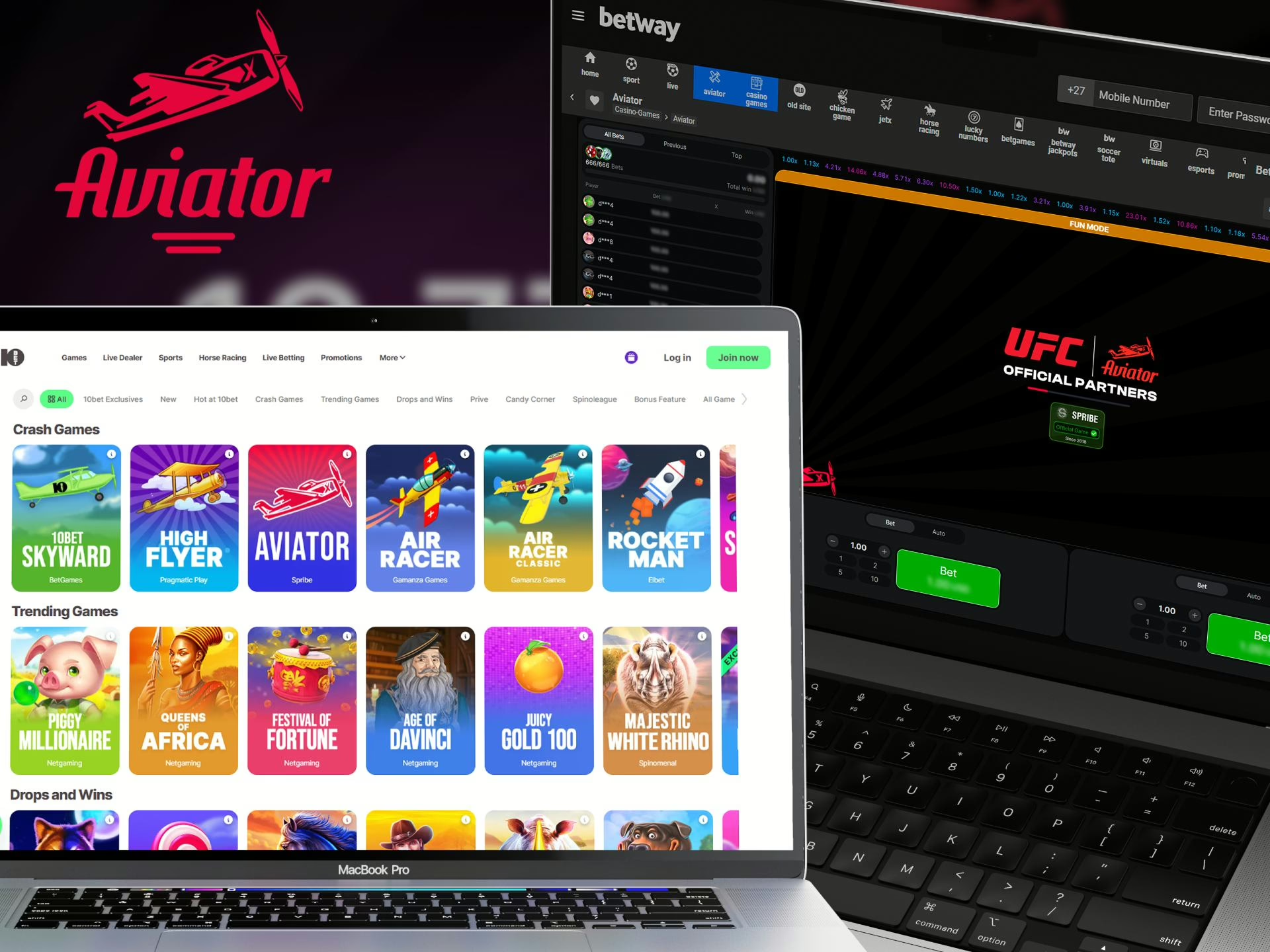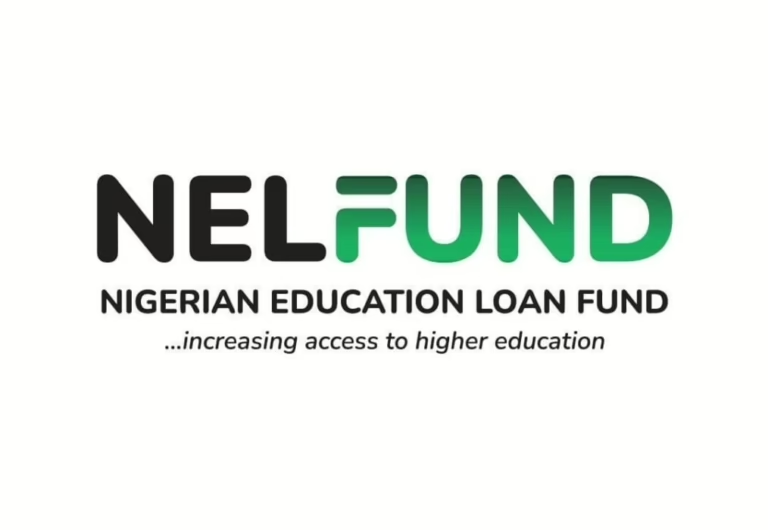Students Voice Concerns Over NELFUND’s Revised Upkeep Payment Policy
Across Nigerian universities and colleges, students have voiced significant dissatisfaction following the Nigerian Education Loan Fund’s (NELFUND) recent decision to halt monthly upkeep payments outside active academic sessions. This policy change has sparked widespread anxiety among beneficiaries who depend on these funds for their daily expenses.
New Policy Links Upkeep Disbursements to Academic Calendars
NELFUND has introduced updated regulations that restrict upkeep loan payments strictly to periods when academic activities are ongoing. Under this directive, once an institution’s academic session ends, the monthly upkeep allowance will be suspended until the next session begins. Consequently, students entering a new academic year are required to reapply for the loan to access both tuition and upkeep funds.
The Fund justifies this adjustment as a measure to enhance financial accountability, improve transparency, and better synchronize disbursements with institutional schedules.
Impact on Students’ Financial Stability
However, many students argue that this policy exacerbates their financial difficulties. At Joseph Sarwuan Tarka University, Makurdi (JOSTUM), Cletus Tser, a final-year student, expressed frustration over discrepancies between the upkeep amount displayed on his loan portal and the actual funds received. He explained, “Many of us rely heavily on the upkeep loan for survival. Although it’s a loan we intend to repay, stopping payments during semester breaks ignores ongoing living expenses.”
Cletus further emphasized the unfairness of being expected to repay amounts that do not reflect what was disbursed, noting that his portal shows over ₦300,000, which he has not fully received.
Concerns from Students Engaged in Practical Training
Students at Bayero University, Kano, also raised concerns, particularly those involved in industrial training or teaching practice during official school breaks. One student, who requested anonymity, highlighted the challenges faced by peers who remain on campus or travel for internships during these periods. “Many students participate in SIWES or IT programs during breaks, which are integral parts of their education. Halting upkeep payments during these times disregards their financial needs,” he said.
He added that some students have yet to receive any upkeep funds since the start of their programs, making the suspension of payments even more problematic.
Broader Implications Amid Economic Challenges
For thousands of Nigerian students, the upkeep allowance is a vital source of support for essentials such as food, housing, and transportation. With inflation rates currently hovering around 22% and the cost of living escalating, the interruption of these payments threatens to deepen financial hardship for many.
According to recent data, NELFUND has disbursed over ₦12 billion in upkeep allowances nationwide, with the monthly stipend averaging ₦20,000 per student. This amount is distinct from tuition fees, which are paid directly to educational institutions.
Looking Ahead: Calls for Policy Reconsideration
Students and advocacy groups are urging NELFUND to revisit the policy to better accommodate the realities of academic schedules and student needs. Suggestions include maintaining upkeep payments during mandatory practical training periods and ensuring loan portals accurately reflect disbursed amounts to prevent repayment disputes.
As the academic landscape evolves, aligning financial support mechanisms with students’ lived experiences remains crucial to fostering educational success and reducing dropout rates caused by economic pressures.


















0 Comments